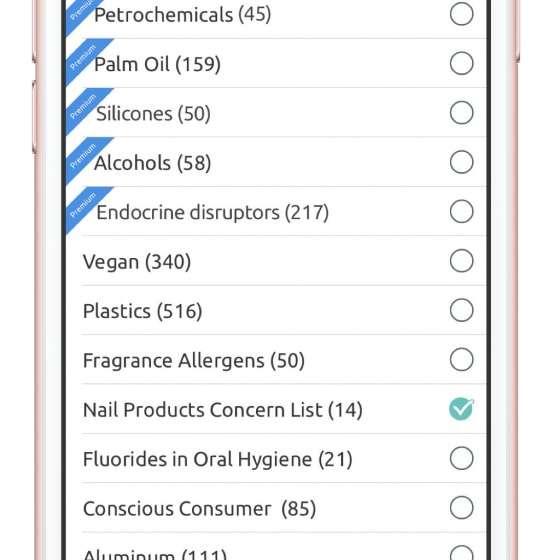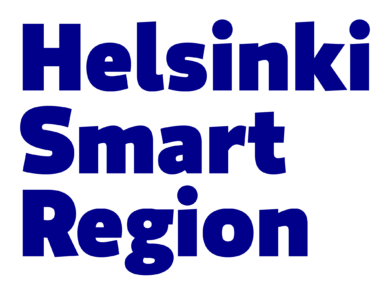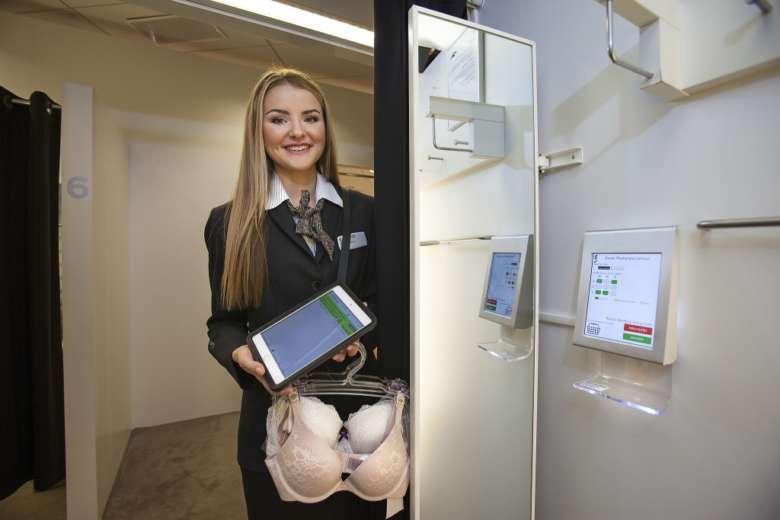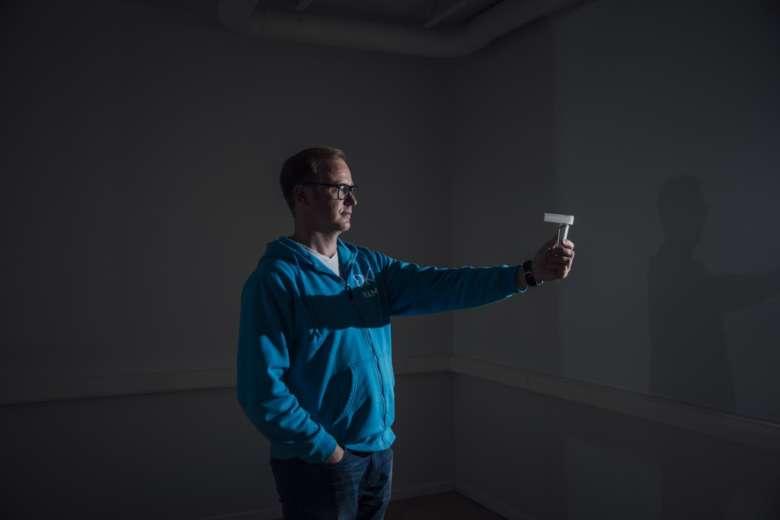Cases

Industrial modernisation
CosmEthics unveils the truth behind beauty products
Published:
By scanning the barcode of e.g. a shampoo, lipstick or face cream with your smartphone you get the full listing of the raw materials and chemicals the product contains. The application notifies the user if a scanned product contains allergenic, irritating or EU banned ingredients. Users can create their own alerts to filter out products that contain components they are allergic to or don’t want to use. They can also subscribe to ready-made lists such as vegan, aluminium or plastics. When a user scans a product that contains an ingredient from their black list, they receive a warning from the app with a list of similar but suitable alternative products.
Database growth with the help of consumers
CosmEthics was founded in 2013 by its CEO Katariina Rantanen. The idea for the app came to Rantanen when she did voluntary work with breast cancer patients. The patients had limitations in the cosmetics products they could use, so Rantanen assisted them when they were running their errands. She was astonished by the difficulty to understand exactly what different products contained.
“It takes hours to go through the labels, even if you have a dictionary of all possible chemicals”, she says.
Rantanen came up with the idea of the smartest best friend anyone could have when shopping for cosmetics. A friend that knows all raw materials in Latin and can even recommend healthy alternatives to suspicious products.
“Brands or looks don’t matter in CosmEthics. We analyze all raw materials. It’s a binary logic: the product either has or hasn’t got a filtered ingredient.”
CosmEthic’s product database has expanded from zero to almost 80 000 in only a couple of years. The company collects product information from retailers, manufacturers and – most importantly – users. If a user encounters a product that isn’t listed in the CosmEthics database, the application asks them to take a few pictures of the product. The pictures are sent to Pakistan where the company has a data input team that dismantles the image files into machine-readable data. When all the components of the product have been identified, the product information appears in the application.
“One person can help thousands of people with just a few clicks”, Rantanen says.
An advocate for consumer safety
CosmEthics recognizes cosmetic regulations. When founding the company Rantanen wanted to find out whether there were products for sale in the European Union that contained EU banned chemicals. The answer was yes. To Rantanen’s surprise there were around a thousand products on the shelves of supermarkets, department stores and even pharmacies that contained banned ingredients. Thanks to CosmEthics some of these products have actually now been withdrawn from the market in the European Union.
In 2016 the company received funding from Horizon 2020, an EU Research and Innovation programme, to fight the entry and resale of banned products in the EU. Rantanen finds this an important milestone.
“This is a sign that the EU is taking this issue seriously. Open data and transparency enable CosmEthics to be an advocate for consumer safety.”
For further information, please contact:
Katariina Rantanen
CEO,
katariina@cosmethics.com
For further information, please contact:
Katariina Rantanen
CEO,
katariina@cosmethics.com










 Return to listing
Return to listing